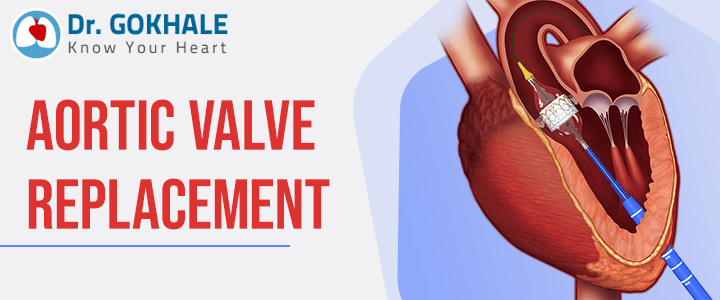The objective of aortic valve replacement surgery is to address problems with the aortic valve in the heart, which controls blood flow into the aorta, the body’s major artery. Usually, this operation is advised for those who have aortic valve regurgitation or stenosis, conditions that can lead to serious cardiac issues if left untreated.
The quality of health and general cardiac function of a patient could be significantly enhanced with an aortic valve replacement procedure. Come along as we explore the specifics of this cardiac operation.
Symptoms of Aortic Valve Dysfunction
Depending on how severe the problem is, aortic valve failure might present with different symptoms. Typical indications and symptoms include:
- Chest pain or discomfort, particularly after exertion or physical activity.
- Breathing difficulties, especially while exercising or lying flat.
- Weakness or weariness, even after light exercise.
- Dizziness or fainting episodes are frequently due to a decrease in blood supply to the brain.
- Irregular heartbeat or palpitations may feel like a racing sensation in the chest.
- Swelling is brought on by fluid accumulation from heart failure in the ankles, foot, or belly.
It is important to identify these symptoms to initiate timely diagnosis and treatment of aortic valve failure. For more assessment and treatment, you must speak with a healthcare provider if you notice one or more of these symptoms and continue with aortic valve replacement surgery in Hyderabad if recommended.
Types of Aortic Valve Replacement Surgery
Following aortic valve replacement surgery, there are usually many phases of recuperation. Initially, to guarantee stable vital signs and appropriate healing of the surgical incision, patients are intensively monitored in an intensive care unit (ICU) or specialized cardiac recovery facility. Medication for pain relief and anti-infection drugs are given if required.
Patients start physical therapy and rehabilitation activities to rebuild strength, mobility, and endurance as they leave the medical care unit. To avoid issues like blood clots and pneumonia, these activities might involve breathing exercises, walking, and arm workouts.
Patients have kept an eye out for any indications of problems, including bleeding, infection, or irregular heartbeats, during the healing process. Follow-up consultations are planned with the cardiologist and cardiac surgeon to evaluate the state of healing, make any medication adjustments, and discuss any issues or problems that may arise.
It is recommended that patients refrain from heavy lifting and vigorous activities for a few weeks before resuming their regular daily activities and increasing their activity levels gradually as tolerated. Maintaining a healthy lifestyle, taking prescribed medications as directed, and attending follow-up appointments are critical for patients to maximize long-term results following the surgery.
When looking for a renowned Aortic Valve Replacement physician, Dr. A. G. K. Gokhale is an exceptional choice. Dr. Alla Gopala Krishna Gokhale is a senior consultant cardiothoracic and minimal access surgeon at Apollo Hospitals in Jubilee Hills, Hyderabad. Dr. Alla Gopala Krishna Gokhale has over 16,000 open heart procedures performed on both adult and pediatric patients. Dr. Gokhale is an exceptional specialist in heart care, consult him for your heart health.
 Ask Doctor
Ask Doctor
